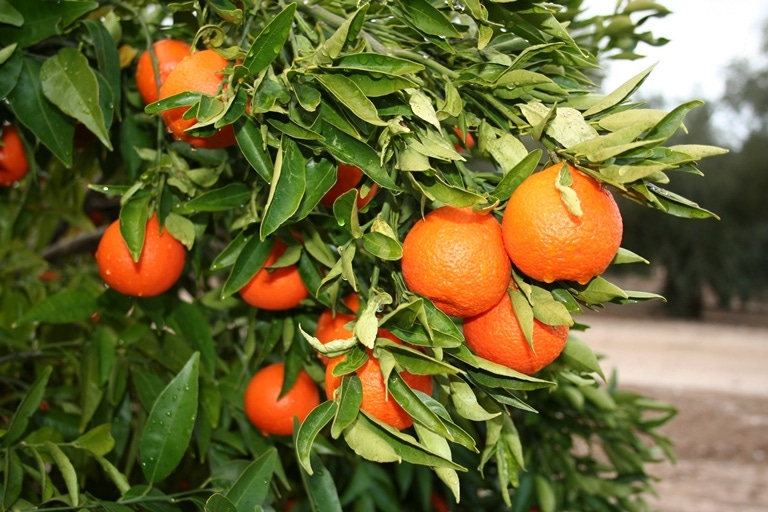October 23, 2014

By now, you have likely heard that Asian citrus psyllids were detected in Santa Clara County and San Joaquin County. It was further disheartening when inspections in San Jose uncovered a breeding population of the pest.
But, the fact that psyllids and plant samples have tested negative for Huanglongbing disease provides a meaningful silver lining.
As the CDFA citrus program manager, I’m working closely with the Citrus Pest & Disease Prevention Program’s executive committee to assess what the geological spread of the pest means to the program.
However, at this time we are still moving forward with the usual aggressive approach – inspect and treat residential citrus trees in central and northern California, take actions necessary to limit the spread of the pest, and educate the public about their role in saving California citrus.
There is minimal commercial citrus present in these new areas, but we continue to explore all potential impacts.
Years of curbing the spread of the Asian citrus psyllid and Huanglongbing through statewide awareness campaigns, trapping, treating, enacting new regulations, and encouraging industry best practices have kept us ahead of the game.
When looking at our counterparts in Florida, Texas, and elsewhere in the world, we have a lot to feel positive about in California. We still have healthy trees in our groves and in our backyards.
We have industry leaders, researchers, agriculture officials, and dedicated growers, packers, and pest control advisors keeping this issue top of mind.
Talk to your neighbors, friends, and family about the Asian citrus psyllid and Huanglongbing. Explain what’s at risk.
Remind everyone you speak with not to move citrus plants around the state, and to certainly not bring any plant material into California from other states or countries.
Encourage homeowners you know to visit CaliforniaCitrusThreat.org to learn what they can do to help.
As an industry member, we are asking that you continue to collaborate with your employees, contractors, and fellow growers to ensure best practices are implemented.
Utilize the resources and industry educational materials available through CitrusInsider.org and sign up for regional alerts to be automatically notified of Asian citrus psyllid news in your area.
Stay vigilant and stay optimistic.
Contact Victoria Hornbaker at (916) 654-0317 and [email protected].
You May Also Like




